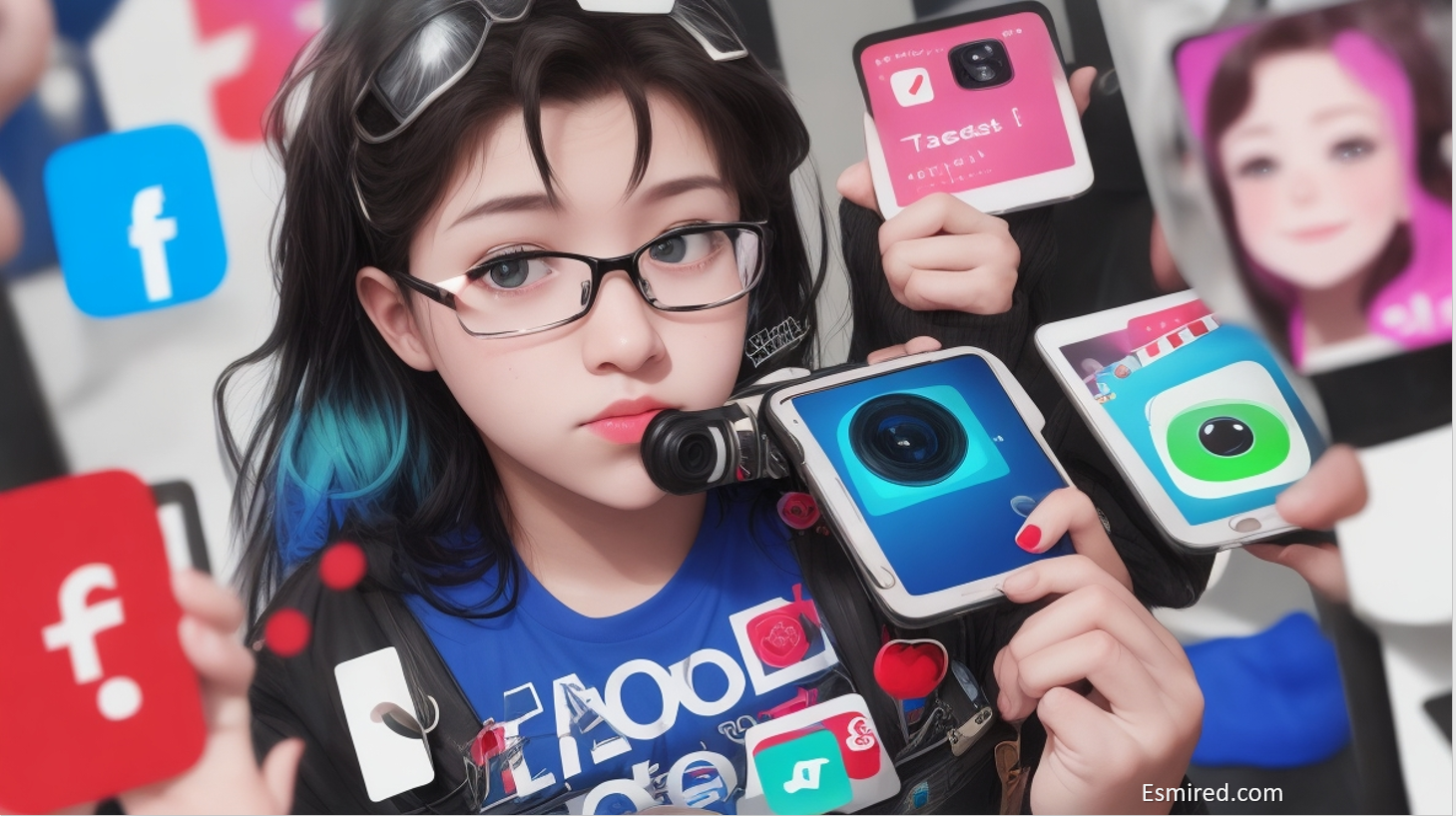
Does Using Instagram / TikTok / Facebook / X Put My Identity at Risk?
The Beginning of the Internet Boom

As the internet began to rapidly expand, users hesitated to connect to the precarious mIRC chat rooms of the late ’90s. These chats displayed text in different colors, characters from various languages, and text art that served as images. This was the new way of communication and interaction that people discovered as internet users.

Users adopted names of characters they admired or that were trendy at the time. There was an unwritten rule, known to everyone, that emphasized the need to hide your identity. Like all things new, the internet was no exception, generating distrust since sharing real data was quite common. In those times, people of 15 claimed to be 19, those in their 30s or 40s claimed to be 20, and if they didn’t like their name, they simply changed it. Sharing real photos was avoided as users described themselves as they wanted, not necessarily as they really were. Giving out your real name or address was considered dangerous, as there were individuals who took advantage of that information, claiming they would send something just to harass others. While this may seem distant or from a bygone era, it was a reality of the time.
The Current Era of the Internet

Now, it seems entirely natural to use your real photo, even your real name or the city where you reside. Doing so in the past would have been unthinkable, but now there’s more tolerance, and it’s seen as normal. However, it’s also easier to trace someone who harasses you. Nowadays, there is software that allows this, and government agencies or private companies worldwide have the capability to do so. This is a vast topic not covered in this article.
Social Engineering on Social Media
Currently, it’s possible to know about someone without meeting them. You can find out about their family, friends, interests, deduced from their photos, the places they’ve visited, their neighborhood, and gauge their income level. All of this can be done with a bit of research on their social media profiles.
It’s worth noting that most users are careless and reveal sensitive information. There will always be some detail that anyone can use to their advantage, from illicit activities to influencing sales, favoring a business, or simply taking advantage of the situation. Remember that information is power.

How can we protect ourselves in these times?
- If you want to use your real name, you have the right to do so. If you have a nickname or username, you can use that as well.
- If you share photos, review your social network settings to know who you’re sharing this information with (Public / Private / Audience).
- Safeguard sensitive data about your family, work, or business and use it responsibly.
- When sharing feelings about a situation, consider its scope and whether it’s the right place to do so. Emotions like anger, frustration, or joy can make us lower our guard. Remember to be cautious about what you write, as the internet never forgets.
In Conclusion
Reflecting, especially on the last point, it’s important to mention that what you share on the internet will be present on the internet. While there are countries where you can ask search engines like Google to forget (through a legal process that requests the deletion of any trace or activity related to a post or a photograph), the fact remains that the photo or sensitive information will be stored on some storage device and potentially can resurface on the internet at any time.
It’s a thought or reflection for each person, and in the end, it’s just a reminder of the time we live in.